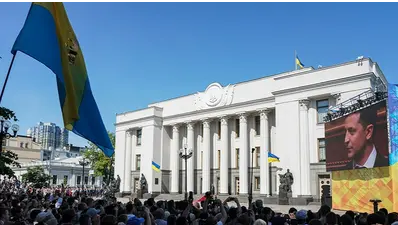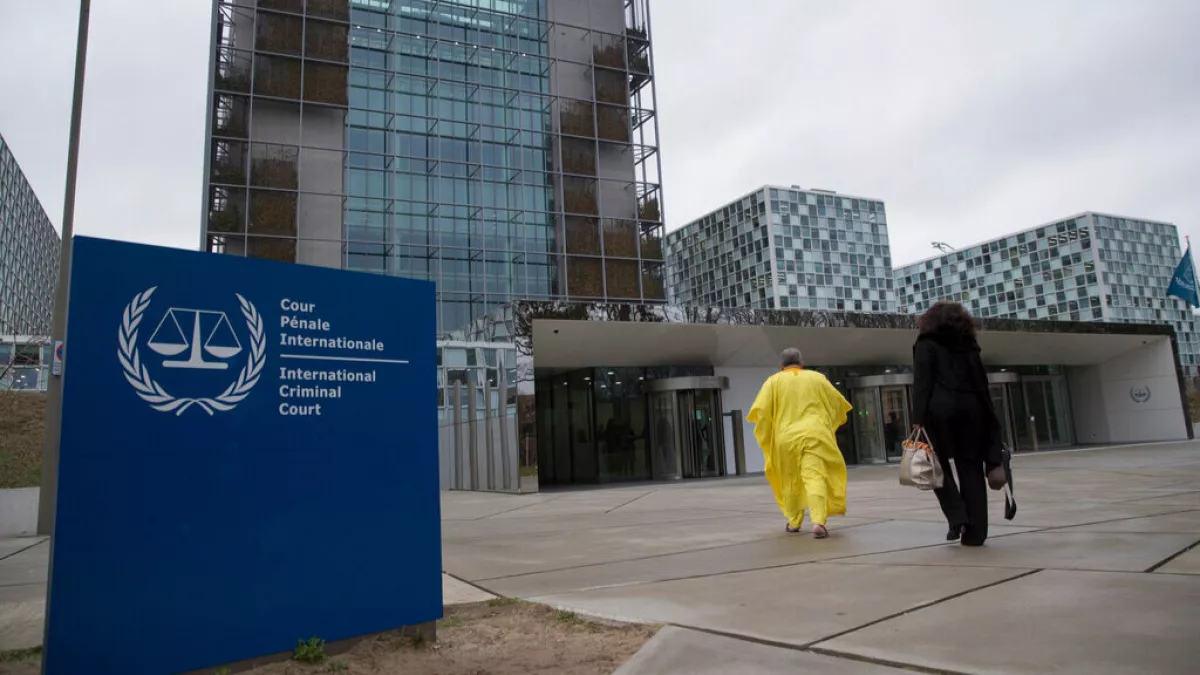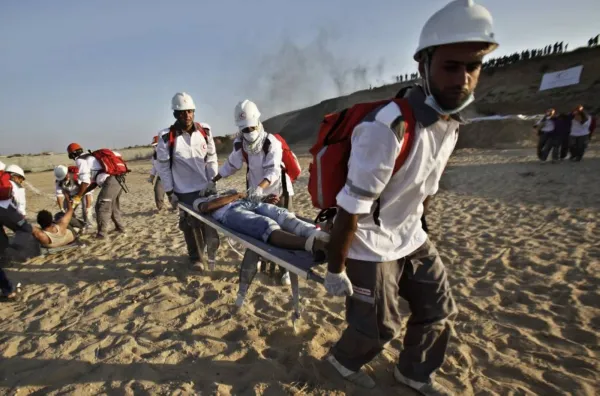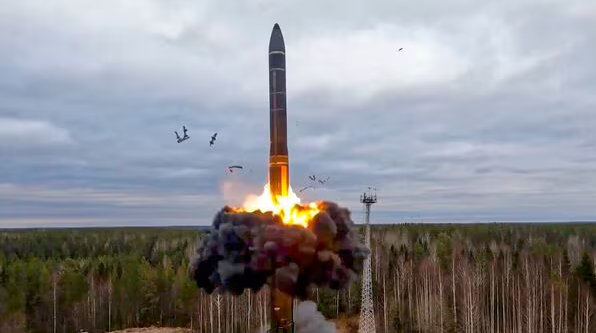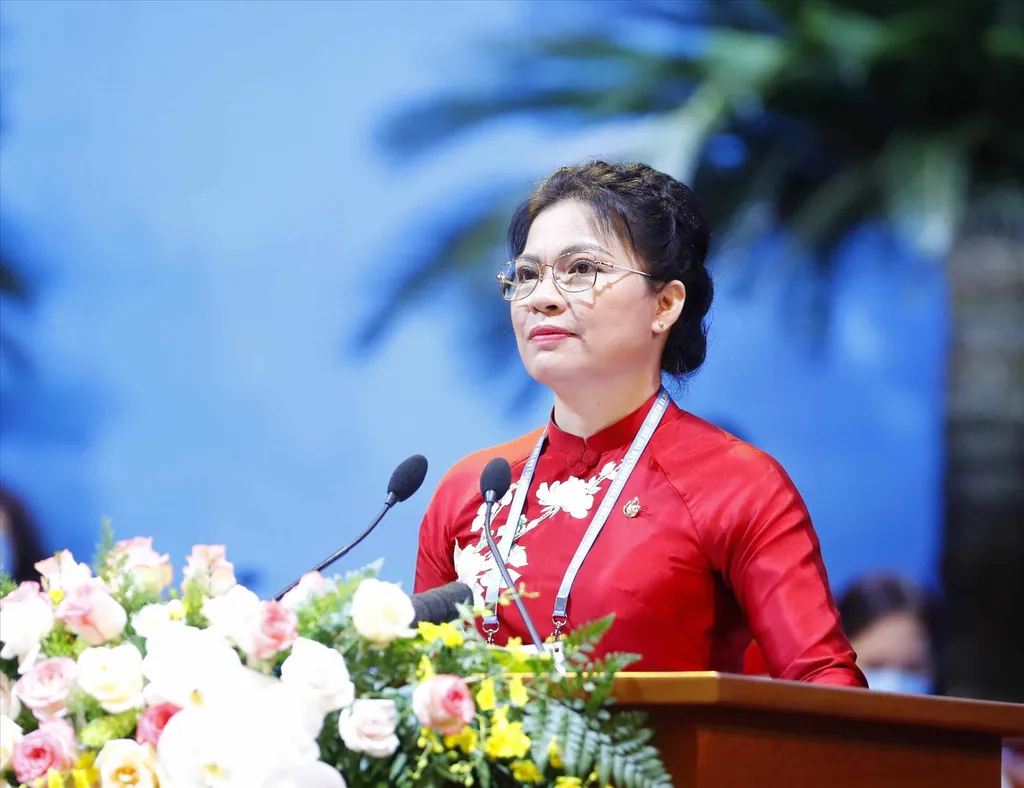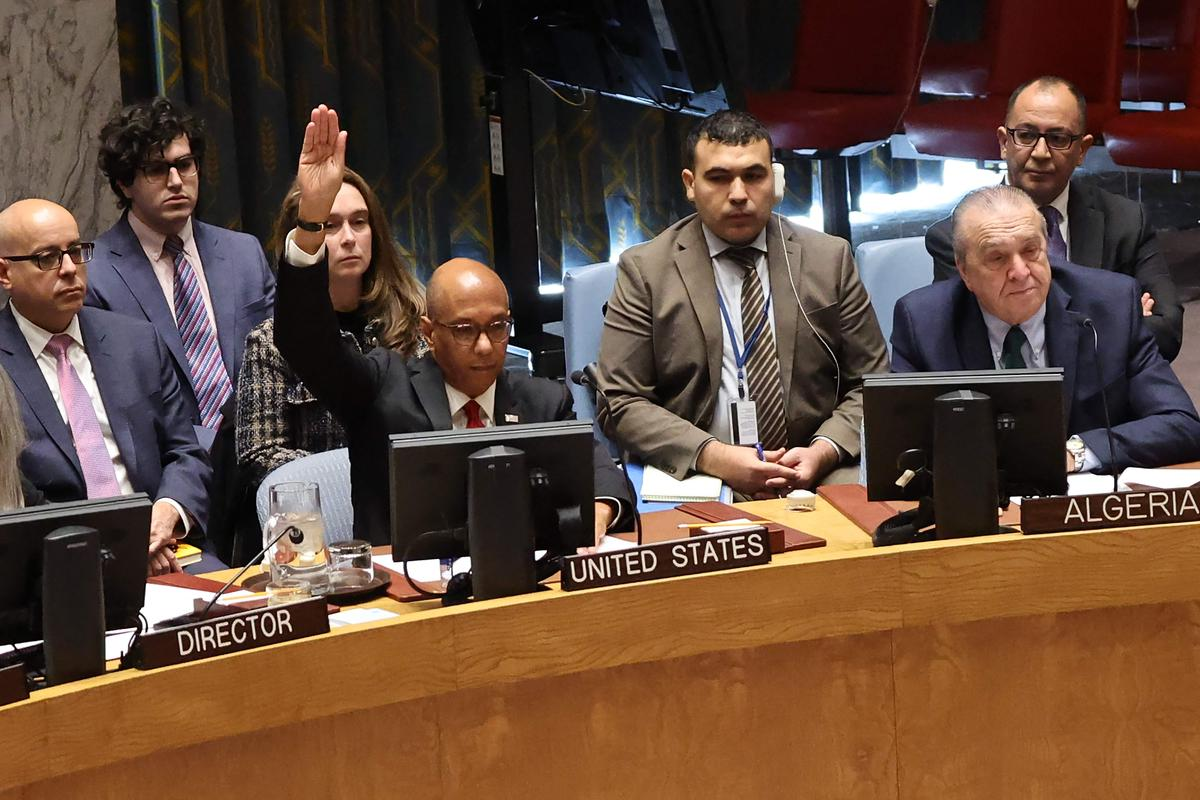.jpeg)
Iraq's Kurdish region goes to polls with flagging economy a concern
Associated Press Irbil: Residents of Iraq's semi-autonomous northern Kurdish region went to the polls in long-awaited parliamentary elections Sunday under the shadow of ongoing rivalries, economic instability, and unresolved disputes with Baghdad. The primary competitors are the two dominant Kurdish parties : the Kurdistan Democratic Party and the Patriotic Union of Kurdistan. Historically, these two parties have controlled different parts of the region, with the KDP overseeing Irbil and Dohuk, and the PUK governing Sulaymaniyah.
Thi s divi s ion has frequently led to political deadlock. The parliamentary elections, originally set for 2022, were postponed several times amid disputes over the election law and procedures. Ministry of Interior personnel and peshmerga forces the regional military voted in special elections Friday, with the general public voting Sunday. In Friday's special election, the KDP secured a significant lead, capturing 60 per cent of the votes, while the PUK got around 30 per cent.
The New Generation Movement, an opposition party that has seen a gradual rise in support, garnered 5.3 per cent of the total, up from 3 per cent in the 2018 special election. In that special election, the KDP garnered 40 per cent of the vote and the PUK 28.5 per cent. While New Generation's appeal continues to grow, particularly among younger voters frustrated with the traditional political system, it still faces significant challenges in competing with the wellestablished dominance of the KDP and PUK.
 English daily published in Bengaluru & Doha
English daily published in Bengaluru & Doha

